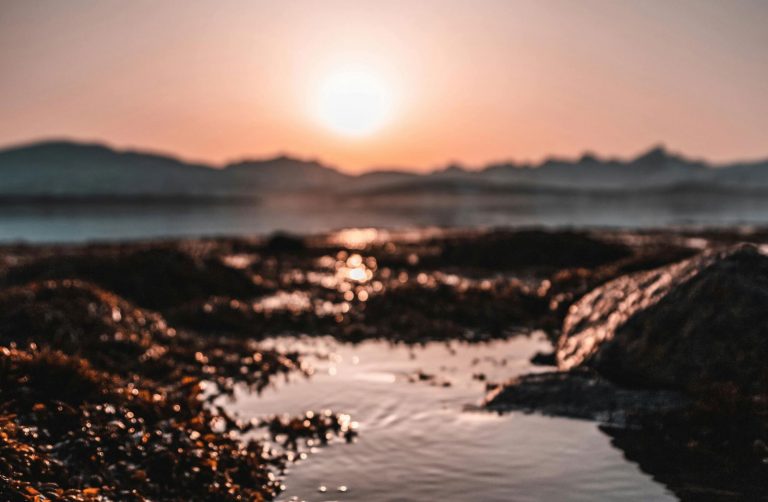
Companies are investing in better outcomes for female seaweed farmers.
Women walk the beaches of Zanzibar in colorful dresses, attracting the attention of tourists’ cameras as they go about their daily business collecting seaweed, a vital ingredient used in various products such as food, cosmetics and bioplastics. Seaweed farming has been an important industry for decades in Zanzibar, located off Tanzania’s Indian Ocean coast. Most of Zanzibar’s 25,000 seaweed farmers are women.
Growing global demand has made it the second largest contributor to the local economy after tourism and spices. The industry has also attracted increased interest from donors and investors, some of whom are looking to invest in measures to address the increasingly difficult working conditions that can threaten security the wives of seaweed farmers who often spend long days in the sun, which can lead to back pain and skin irritation, as well as bites from sea creatures.
“I have back, lower back and chest pain from the sea birth. There are also risks of bites or stings,” Mwanaisha Makame Simai told The Associated Press. “Sometimes strong waves take you away. I have personally witnessed three cases of drowning.”
Mhando Waziri, project manager for blue economy initiatives at the non-profit Milele Zanzibar Foundation, noted that climate change is forcing women deeper into the ocean, at risk of drowning. Milele’s programs include: training women seaweed farmers swim to combat the danger of drowning.
Most farmers, individually or in collectives, sell their produce to local middlemen who sell to larger corporations. Milele has developed programs to help women turn algae into products, primarily cosmetics. Waziri estimated that algae farmers could earn 10 times more sale of raw, unprocessed products for other manufacturers.
“Ten years ago, people thought you were crazy to work on seaweed,” said Clara Shade, Mwani Zanzibar, director of a seaweed farm in the nearby village of Paje. Associated Press. “Now it’s become a buzzword.” Shade focused training seaweed farmers in production of cosmetics. Mwani workers spend more time in the workshop than out on the ocean. Shade noted that Mwani’s “superfood for face and body skin” sells online for $140, meaning its employees earn far more than the average seaweed farmer.
RELATED CONTENT: (WATCH) Part 2: Luxury and Adventure on a Budget!





